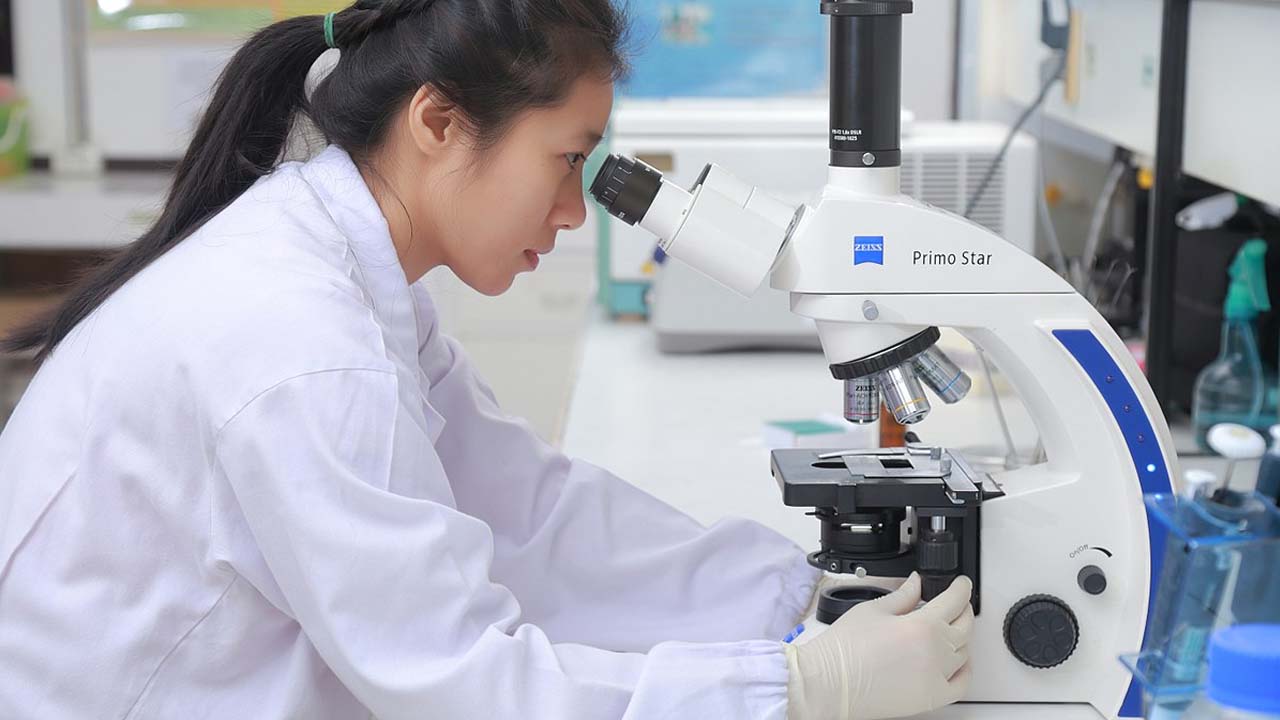Structural and societal barriers still prevent women and girls from accessing and advancing in science. The Covid-19 pandemic has accentuated gender inequalities, for reasons such as the closure of schools, the increase in violence or the increased burden of home care, says António Guterres, United Nations Secretary-General.
“These inequalities deprive our world of enormous untapped talent and potential for innovation. We need female perspectives to make science and technology work for everyone,” he says.
UN Secretary-General calls for action by adopting policies that fill classrooms with girls studying technology, physics, engineering, mathematics and taking targeted action to ensure women have the opportunity to develop and to lead in laboratories, research institutions and universities.
In a video message, the Secretary-General stated that in addition to equal learning and work opportunities, girls and women must be guaranteed their right to develop their true potential to be “scientists and agents of innovation of the future”.
It also calls for action “with determination to end discrimination and stereotypes against women in science. And with more rigorous efforts to open up more opportunities for minority women.” All of this is particularly important in the crucial field of artificial intelligence, he believes.
According to the Secretary-General, there is a direct correlation between the low number of women working in the artificial intelligence sector and the absurd algorithms, which convey gender stereotypes by treating men as the norm and women as the exception.
“We need more women who develop artificial intelligence that is truly at the service of all and that works for gender equality,” he insists.
“We also need to reverse the trends that prevent young female scientists from advancing in careers that would help us overcome the climate and environmental crises. We must ensure that they have access to the same learning and working opportunities on an equal footing,” he adds.


























